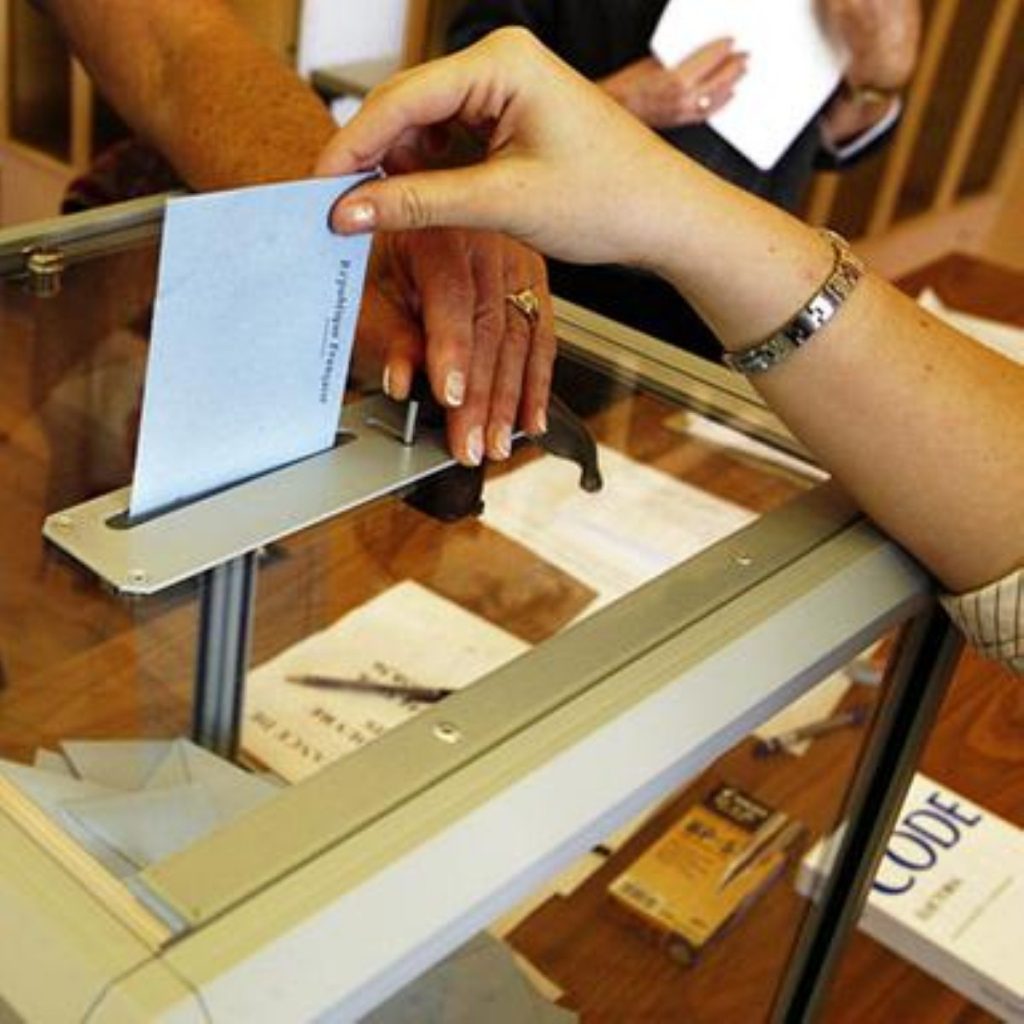Bickering breaks out over AV poll
A poll that showed Yes to AV surging ahead in the referendum battle has prompted bitter infighting.
The ‘yes’ campaign was up by 12% in the latest YouGov survey, conducted for the Institute of Public Policy Research (IPPR).
Forty five per cent of participants said they would vote for a change to the alternative vote, while 33% said they would vote against it.
A further 17% were undecided, while six per cent would not say how they would vote.
But the ‘no’ campaign immediately dismissed the poll, pointing instead to another YouGov poll conducted for the Sun yesterday that found the ‘no’ group up by seven per cent.
Matthew Elliott, campaign Director of No to AV, accused IPPR of using leading questions in the poll that distorted the data.
“If the IPPR think that this poll is an accurate reflection of public opinion, they should be happy to release the full tables in accordance with British Polling Council (BPC) rules,” he said.
“However, given that an independent YouGov poll for the Sun found a day earlier that the ‘no’ campaign are seven points in the lead, the suspicion is that the IPPR have something to hide.”
Nick Pearce, the director of IPPR, said the think tank had nothing to hide about the poll’s methods.
“We are explicit that this is the first national poll that asks the referendum question after asking participants a number of detailed questions about their understanding of the way AV works and after asking them to take part in a ‘mock AV ballot’.
“It shows that the more people learn about AV, the more they support change.”
The numbers are nevertheless likely to buoy Yes to AV as the campaign enters the home stretch – but the high number of undecided voters leaves the referendum outcome uncertain.
Under AV, voters would be asked to rank candidates by preference, unlike the current system of First Past the Post where voters mark an ‘x’ by only one candidate.
Votes would be reallocated until one candidate receives over 50% of the vote.
The poll found support for AV was divided along party lines. Eighty five per cent of Liberal Democrats said they would vote ‘yes’, while only 31% of Conservatives would support a change in the voting system.
Labour supporters were split, with 52% saying they would support AV.
The campaigns for and against the alternative vote have become increasingly ill-tempered and bitter over recent weeks, as both sides hurled accusations of inaccuracy and underhand tactics at the other camp.
The ‘no’ campaign – including prime minister David Cameron – have described the alternative vote as unnecessarily complicated, but the YouGov poll found that 59% thought AV was ‘fairly’ or ‘very easy’ to understand.
The survey asked participants whether they considered AV to be more or less democratic – finding an almost even split. Thirty nine per cent thought it would be more democratic versus 41 per cent who did not.
The survey also asked the 2,199 participants to take part in a mock AV election.
It found that the Lib Dems would benefit the most from second preference votes, followed by the Greens and UKIP.
Despite claims extreme parties would benefit from a voting change, the BNP only picked up three per cent of second preference votes.
More than a third of Tory and Lib Dem supporters used their second preference votes to support their coalition partner.
Nick Pearce, director of IPPR, said the survey showed support for AV grew when people engaged with the system.
“When asked to name second preferences, the electorate’s new pluralism emerges quite clearly, with strong support for the Greens and UKIP, as well as the Liberal Democrats,” he said.
“With three weeks to go before the referendum, both the ‘yes’ and ‘no’ campaigns need to engage seriously with the electorate so that voters are well informed about the options when they make their choice on May 5th.”
Campaigning is likely to intensify over the coming weeks. Both campaigns have released TV advertisements in an effort to win over the public.





-01.png)